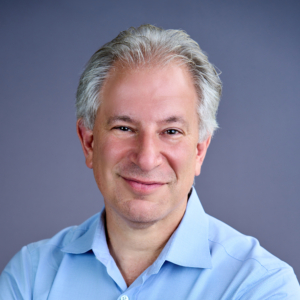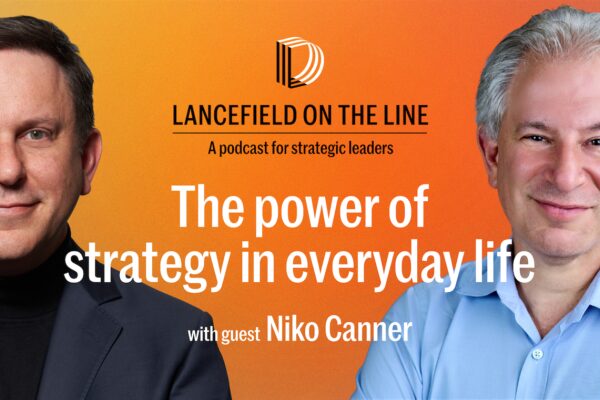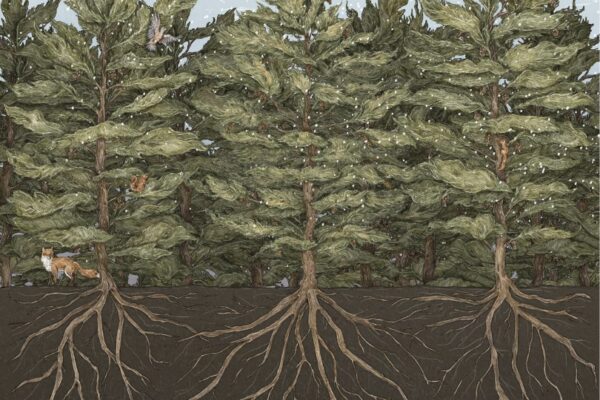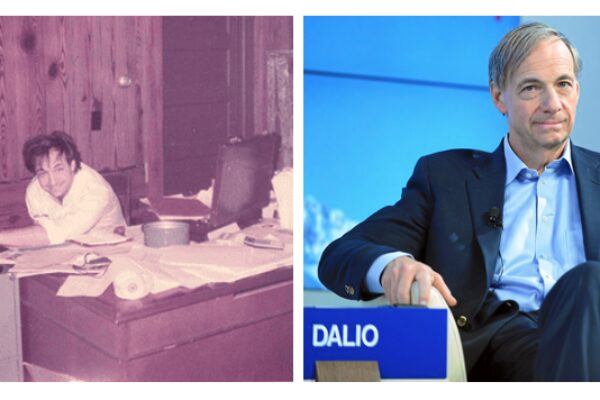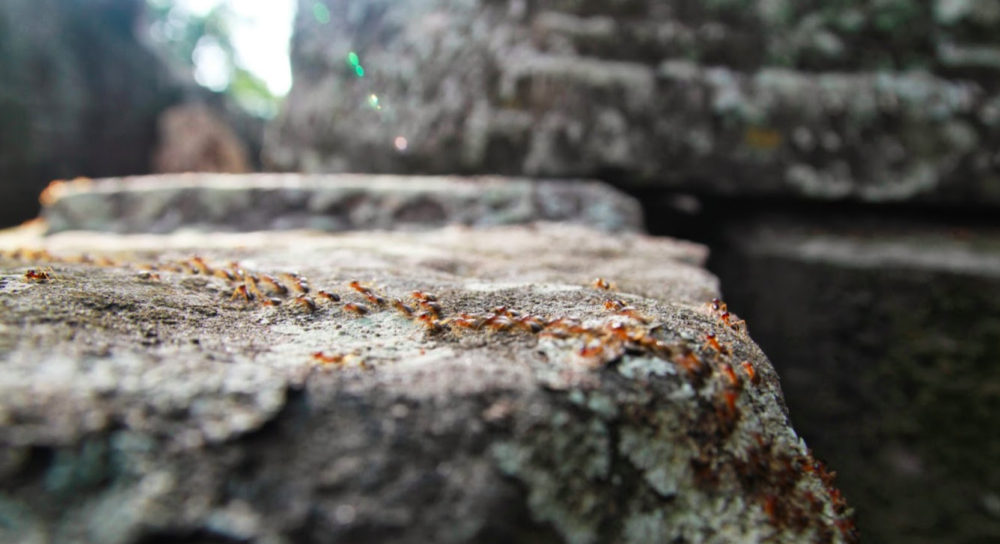
I have always been someone whose work is mostly about striving. My clients are people trying to achieve something big enough to be beyond their easy reach. My own ambitions have always been to discover, to build, to reach a standard. As a thinker, my subject is about how people and the organizations build can strive more effectively toward their goals.
Many of history’s greatest minds have taken exactly the opposite direction. I’ve always struggled with whether to read a book like Tao Te Ching simply as poetry, or whether to read it more like a critique of my most fundamental values and assumptions.
Coming upon this first poem in Louise Glück’s new book Faithful and Virtuous Night felt like a sudden and wonderful encounter with someone wiser; someone who can see wholeness where I had only seen a collection of parts.
Parable
First divesting ourselves of worldly goods, as St. Francis teaches,
In order that our souls not be distracted
by gain and loss, and in order also
that our bodies be free to move
easily at the mountain passes, we had then to discuss
whether or where we might travel, with the second question being
should we have a purpose, against which
many of us argued fiercely that such purpose
corresponded to worldly goods, meaning a limitation or constriction,
whereas others said it was by this word we were consecrated
pilgrims rather than wanderers: in our minds, the word translated as
a dream, a something-sought, so that by concentrating we might see it
glimmering among the stones, and not
pass blindly by; each
further issue we debated equally fully, the arguments going back and forth,
so that we few, some said, less flexible and more resigned,
like soldiers in a useless war. And snow fell upon us, and wind blew,
which in time abated – where the snow had been, many flowers appeared,
and where the stars had shone, the sun rose over the tree line
so that we had shadows again; many times this happened.
Also rain, also flooding sometimes, also avalanches, in which
some of us were lost, and periodically we would seem
to have achieved an agreement, on canteens
hoisted upon our shoulders; but always that moment passed, so
(after many years) we were still at that first stage, still
preparing to begin a journey, but we were changed nevertheless;
we could see this in one another; we had changed although
we never moved, and one said, ah, behold how we have aged, traveling
from day to night only, neither forward nor sideward, and this seemed
in a strange way miraculous. And those who believed we should have a purpose
believed this was the purpose, and those who felt we must remain free
in order to encounter truth felt it had been revealed.
